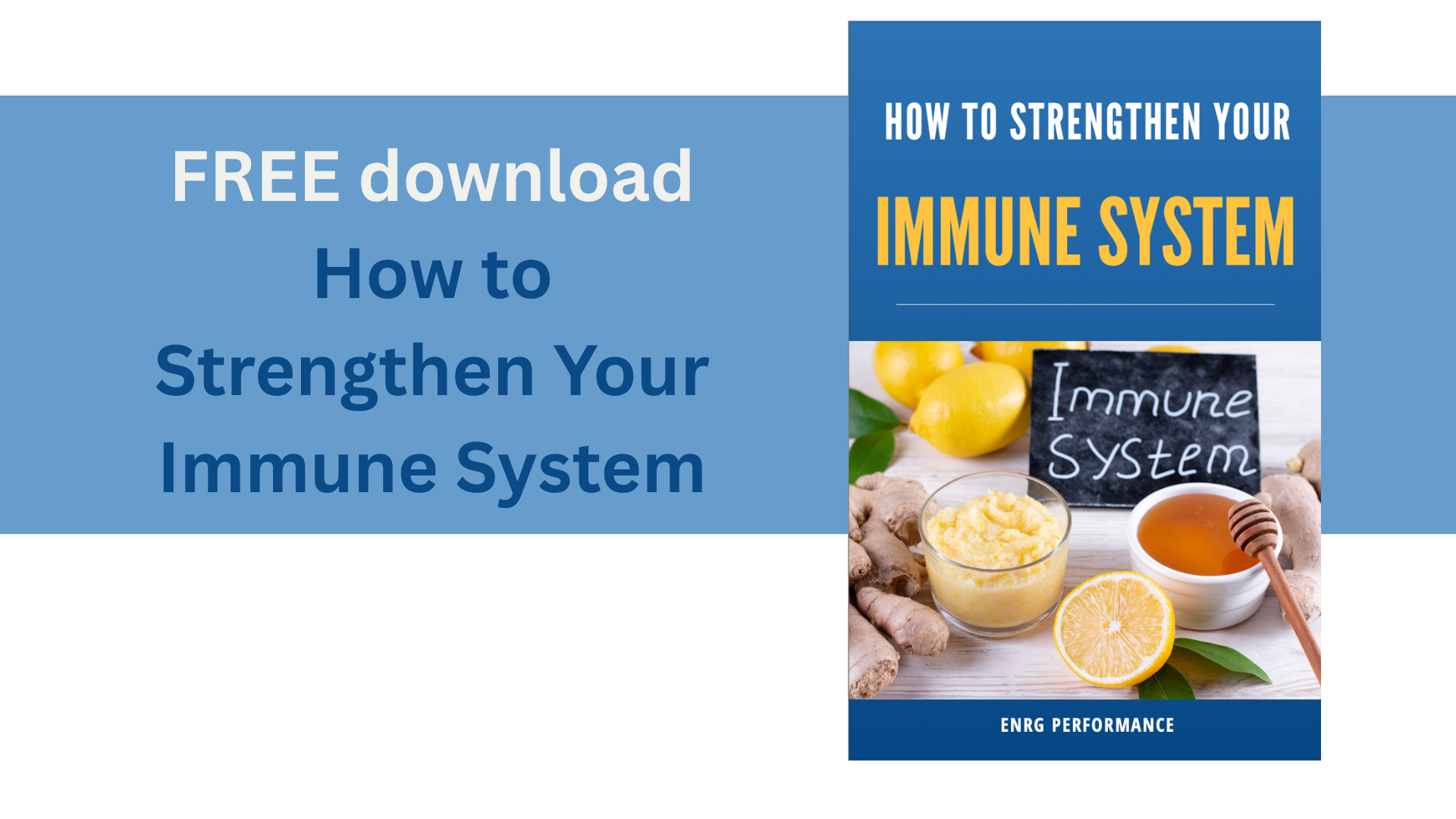Most Common Nutrient Deficiencies
Jul 30, 2023
Not sure where your daily nutrition plan is lacking or how to fix it? Here are some of the most common nutrient deficiencies and how to avoid them.
Iron – We get most of our dietary iron from eating animal products like meat, fish, and poultry. Iron is also found in dark leafy greens, enriched grains, and fortified cereals; unfortunately, it isn’t absorbed as well from these sources. Females and individuals following vegan or vegetarian diets are often at the highest risk for iron deficiency due to low intake and high losses. If you do eat animal proteins, consuming a variety of animal sources throughout your week will help with increasing iron intake. If you don’t eat animal products, dark leafy greens, dried fruits, beans, tofu, and lentils are great high-iron options. It is also helpful to eat these foods with a source of vitamin C to promote absorption. Go ahead and pair that kale salad with a nice lemon vinaigrette!
Vitamin D – Especially at northern latitudes, heavily clouded areas, and day jobs that keep us inside, it can be difficult to get adequate vitamin D from sun exposure. Getting just 5-30 minutes of sun exposure between 10 am and 3 pm 2 days per week can significantly help with vitamin D absorption. In addition to the sun, try incorporating some vitamin D foods into your diet. These include fatty fish like salmon and tuna, egg yolks, and vitamin D-fortified milk. Having adequate vitamin D plays a vital role in bone formation and maintaining healthy bones throughout the lifespan.
Calcium – Peak bone mass is reached during your early 20s and will begin to decline after that point for the rest of your life. For this reason, calcium is so important to make sure we are building strong bones prior to peak bone mass and maintaining that mass through the rest of our lives. It is recommended to consume 1,000mg per day, which is roughly 3-4 sources of calcium-rich foods daily. These foods include dairy products, dark leafy greens, and tofu. If you don’t consume dairy make sure to look for plant-based alternatives that are fortified with calcium. Individuals avoiding dairy or those following vegetarian and vegan diets tend to be at a higher risk for deficiency, so it becomes even more important to intentionally add calcium sources to the diet.
If you have concerns about your levels of these common nutrients feel free to sign up for an Inside Tracker blood test. An eNRG Performance Sport Dietitian will be able to help interpret your results and provide recommendations for supplementation should it be necessary.
SUBSCRIBE AND WE WILL DROP SOME HEALTHY INSPIRATION IN YOUR INBOX
We hate SPAM. We will never sell your information, for any reason.







